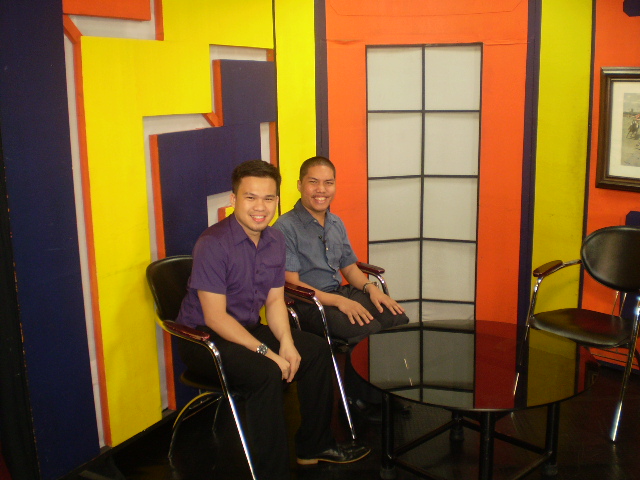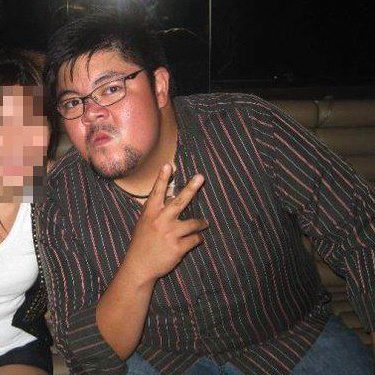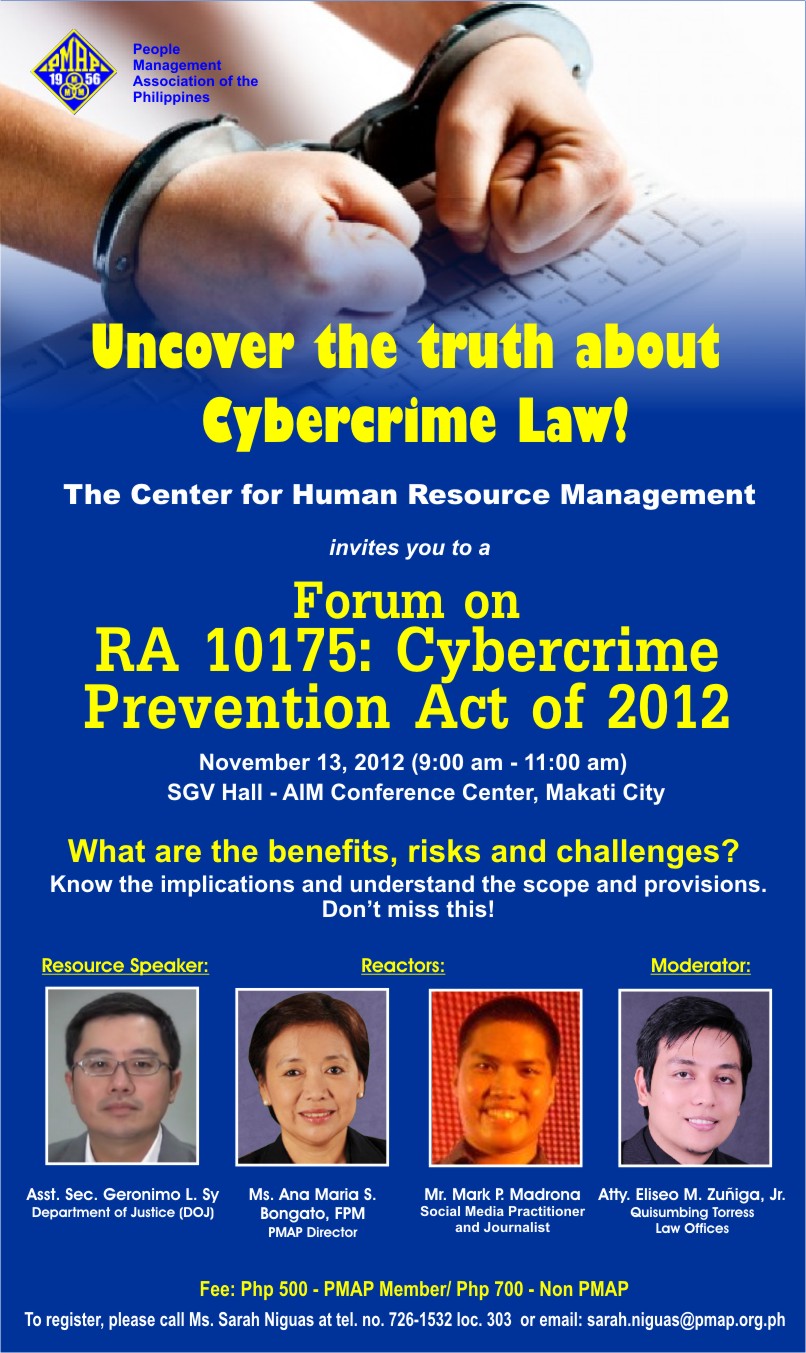Last week, I appeared on Global News Network’s Opinion Leaders show to talk about cyberbullying together with Alvin Dakis of the Alliance of Young Nurse Leaders and Advocates. Before I venture into that topic, let me discuss some relevant basic stuff first re Internet in the Philippines.
The Philippines became connected to the Internet only in 1994. Even if the technology has been around for Filipinos for almost two decades now, we still have a long way to go in catching u other countries. According to InternetWorldStats.com estimates, only one-third (or 32%) of Filipinos are Internet users. Apart from the low penetration rate of the medium in the country, a study by Google last April revealed that the Philippines has the second slowest Internet connection in the world, next to Indonesia.
As a blogger for almost six years now, I know how unruly netizens can be on certain occasions. Bullying mostly happens in schools and in the neighborhood. Usually, the bully will tease his or her prey over the latter’s characteristics (“bakla,” “payatot,” and “baboy,” to name a few). In this form of bullying, you can at least identify who the perpetrator is. In most situations you can also take appropriate action against them. The identities of cyberbullies may be difficult to ascertain. Blogs allow anonymous commenting while troll accounts are all over Facebook.

Unlike in the United States, cyberbullying hasn’t really gotten much attention among Filipinos until last year. In 2008, a woman from the state of Missouri was indicted for bullying a 13-year-old girl by pretending to be a male suitor who ultimately dumped her in MySpace.
Two years ago, 18-year-old Tyler Clementi from New Jersey jumped to death from a bridge after his dorm mates broadcasted his encounter with another man online. Clementi’s death triggered the launch of the “It Gets Better” project where prominent Americans spoke against the bullying of gay teens including President Barack Obama, Secretary of State Hillary Clinton, and talk show host Ellen DeGeneres.
Several Filipinos the past two years have claimed to be cyberbullied. Some of them are public figures like singer Charice Pempengco, actress Sharon Cuneta, and Senator Vicente Sotto III. Pempengco is rumored to be a lesbian while Cuneta is being ridiculed for being fat. Meanwhile, Sotto remains the target of online lampoon for plagiarizing several bloggers last August.
Pempengco and Cuneta should realize that getting negative comments (baseless or not) about their appearance is part of being a celebrity. If they hate negative comments, they should just retire to obscurity then. Government officials like Sotto should be more prepared in handling criticisms especially if it pertains to how they conduct their official duties. Former US President Harry Truman once said that “if you can’t stand the heat, get out of the kitchen.” If Sotto thinks he should be immune from public scorn, he should resign his Senate seat.
What about the likes of Christopher Lao and Robert Blair Carabuena? They are not public figures but they committed actions that got caught on national television. Lao ranted on national television that no one informed him about the deep flood where his car got submerged while Carabuena was caught physically assaulting a traffic enforcer.

The public shaming of Lao is overboard. After all, he is rushing home because he wants to make sure that his daughter is safe. The criticisms that Carabuena received for his abhorrent behavior is well-deserved, but posting his home address and mobile number online and making death threats against him is just too much. Is Republic Act 10175 the answer to all these excesses? Is it realistic for Lao to file charges against everyone who called him “stupid” and the like online?
Let me end by stressing my point earlier about the Internet being a relatively new medium for most Filipinos. In my view, we are like children who just received a new gadget (e.g. a Tamagotchi) from our parents. Out of excitement and curiosity, we have the tendency to abuse the medium (ergo, we can be trigger happy at times). Instead of imposing tight government restrictions on how Filipinos should use the Internet, individual responsibility should be promoted. GMA Network’s “Think before you tweet” is a good step toward this direction.
I was cyberbullied, too
I am no stranger to cyberbullying myself. Four years ago, one high school acquaintance (let’s call her “Chel”) asked her friends and fellow party animals to flock to my Friendster page to report my account to the site’s administrators. Acting like a mindless sheep, a number of Chel’s contacts posted shout outs on their respective Friendster pages where they didn’t only put the link to my profile page but also described me as a “horrible gay” among others. Some even sent personal messages just to harass me.
What is Chel’s beef against me? One Saturday in June of that year, Chel and I agreed to meet in a Quezon City mall. She told me beforehand that she’ll be tagging along a friend that day (her high school batch mate, actually), and I agreed. What I didn’t know is that during the actual meet-up, the two will make me feel out of place! This prompted me to walkout. Looking back, I may be guilty of acting rude to a certain extent but it should not be a justification for them to resort to online harassment.
I have no screenshots of those, but I remember two of those cyberbullies. One of them landed a job as a disc jockey for a high-end FM radio station in Metro Manila after losing in a nationwide VJ search. The second one hails from Davao. She is now a top fashion blogger, describing herself as a “recessionista.” I don’t know if Chel and her two girl friends will get to see this post. Nevertheless, I want to remind them that what comes around goes around.
PS: The People Management Association of the Philippines (PMAP) will have a forum on Republic Act 10175 this November 13 at the Asian Institute of Management in Makati City, and I am one of the two panel reactors for that event. Please check PMAP’s website for more details on the event.








I do agree with the author of this article. Bullying in any form should NEVER be tolerated. If you joined a social media site then you should be responsible enough to think before actually do something. Keeping your emotions and words on check would pay off better than you feeling guilty that hurt someone just because of temporary emotions.
Hi there. Thanks for reading this post and for your insights. Cyberbullying is a real problem and it can’t be solved by having RA 10175.
Salamat po sa article mo nakatulong po to sa research paper namin about Cyberbullying.